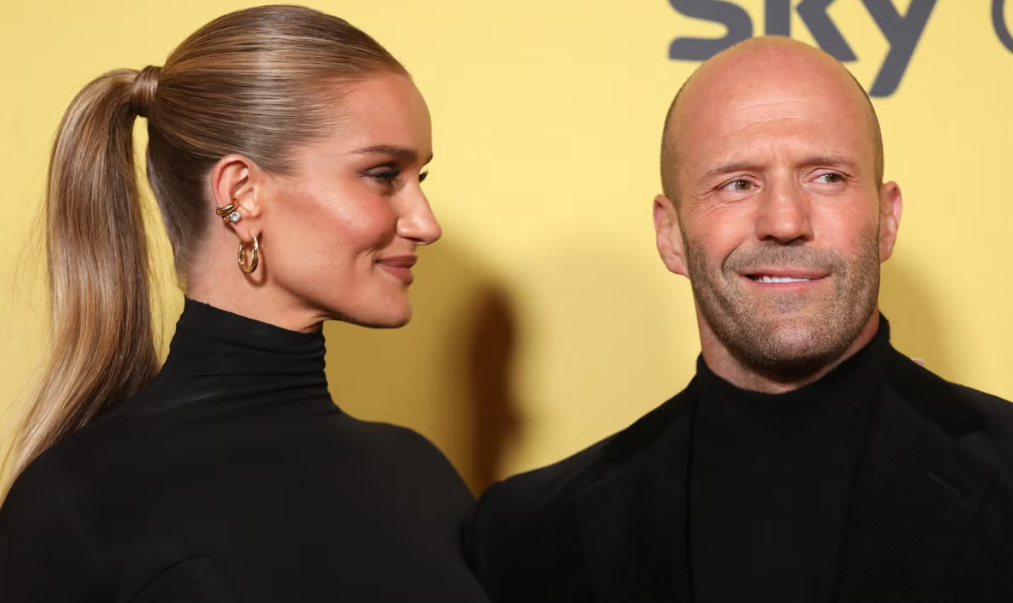YOU NOTICE IT in photos first. A little more scalp in that group shot, a hairline that’s not quite where it used to be. For many men, hair loss isn’t just a cosmetic issue, it’s a confidence shift. And with modern hair transplant techniques offering natural, long-lasting results, the temptation to act early is real.
But when is the right time to get a hair transplant? MH spoke to Dr Abdulaziz Balwi from Elithair, to find out whether jumping in too soon can mean chasing your hairline for years or whether waiting too long means you may not have enough left to work with.
Here, he breaks down then the science and considerations to help you figure out the smartest time to get a hair transplant.
What is the ideal age for a hair transplant?
‘For patients seeking to restore natural density and volume in their hairline, hair transplant surgery remains the most effective option. While individuals aged 18 and over are legally eligible to undergo the procedure, it is strongly advised to wait until a more appropriate age to ensure optimal and long-lasting results,’ reveals Dr Balwi.
‘In men, the ideal age for a hair transplant typically falls between 30 and 40 years old. This age range can vary, with people over the age of 25 also achieving good results depending on factors like family history, genetic predisposition to hair loss, and predicted hair loss patterns. By this stage, particularly in cases of androgenic alopecia, the pattern of hair loss has usually stabilised.’
This, he reveals, is a critical factor in the planning process, as it allows the hair surgeon to accurately assess the extent of recession and design a treatment strategy that anticipates future hair loss. Attempting surgery too early, before the hair loss pattern is fully established, can lead to unnatural outcomes and the need for further restoration later on.
‘Every individual experiences hair loss at a different rate, so each case will be treated slightly differently. Waiting until the hair loss has matured and plateaued provides a clearer long-term view and ultimately leads to more natural and sustainable results,’ continues Dr Balwi.
Can you be too young for a hair transplant?
‘Men are generally advised to wait until at least the age of 25 before considering a hair transplant.
‘This allows sufficient time for a clear pattern of hair loss to emerge, which is essential for achieving results that appear natural and remain consistent over time. Proceeding with surgery before the hair loss has stabilised can result in an uneven or patchy appearance as further recession occurs, often necessitating additional procedures to correct the outcome,’ explains Dr Balwi.
‘For younger individuals experiencing early-stage hair loss, there are effective non-surgical options available to manage the condition in the interim. Topical treatments such as Minoxidil and oral medications like Finasteride have both been shown to slow progression and improve hair density, providing valuable support until an appropriate age for a surgical hair transplant.’
He also adds that it’s important to understand that donor hair is a finite resource. ‘While it may seem appealing to undergo multiple transplants over time, this approach is rarely advisable. Overharvesting donor follicles can compromise future results and lead to unnatural-looking density. Preserving the donor area in case it is needed for future procedures is important and advanced hair transplant technology like FUE and DHI should minimise trauma to the donor area. Either way, waiting until hair loss has stabilised allows for more strategic use of donor hair and ensures a more sustainable result,’ he schools.
Can you be too old for a hair transplant?
The good news is that there is no age limit for a hair transplant so long as you have enough existing hair in your donor area.
This being said, Dr Balwi says: ‘Waiting too long before choosing to have the procedure may mean the hair loss has progressed to a stage where there is not enough healthy donor hair to implant into the balding areas. For this reason, if you know you want to surgically address your hair loss, it is best not to wait too long and act in your 30s or early 40s to avoid disappointment.’
What to consider before getting a transplant
‘Age serves as a valuable indicator when assessing the progression of hair loss, helping to determine the optimal window for undergoing a hair transplant. Striking the right balance – neither proceeding too early nor waiting too long, is critical. Acting prematurely can lead to unpredictable results, while not acting quickly enough may risk depletion of viable donor hair,’ the hair surgeon explains.
It’s also important to recognise that not all hair loss is permanent. ‘Various factors, including stress, hormonal imbalances, nutritional deficiencies, and traction from tight hairstyles, can lead to temporary shedding or conditions such as Telogen Effluvium, Alopecia Areata and Unpatterned Alopecia. In these cases, a hair transplant is not appropriate, and the underlying cause should be addressed first through medical management or lifestyle adjustments,’ he adds.
There are plenty of non-surgical treatment options available when a hair transplant is not needed – this includes new therapies like low-level laser therapy (LLLT) and platelet-rich plasma (PRP). It’s important to identify the cause of your hair loss before deciding on the best treatment plan for you.
‘If you are experiencing unwanted hair loss, it’s best to consult with a hair doctor or hair transplant specialist, who can provide an accurate diagnosis and assist in treatment planning based on the type of hair loss you’re likely experiencing,’ says Dr Balwi.
This article originally appeared on Men’s Health UK.














